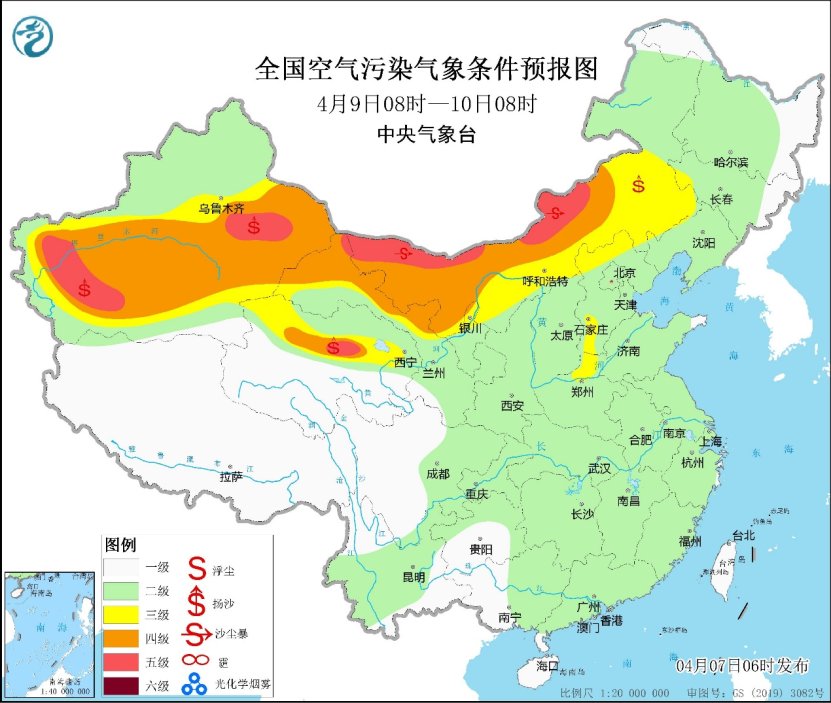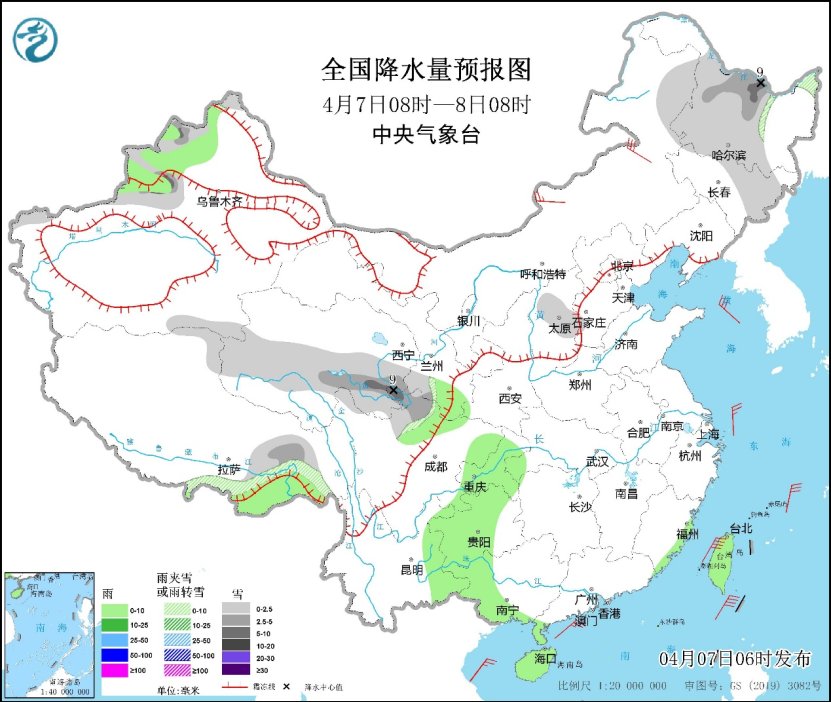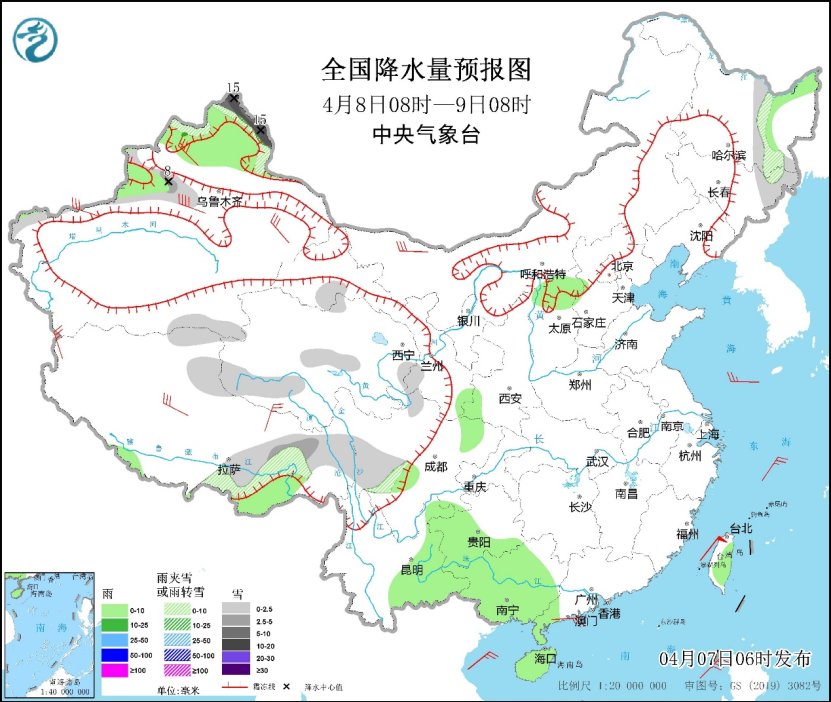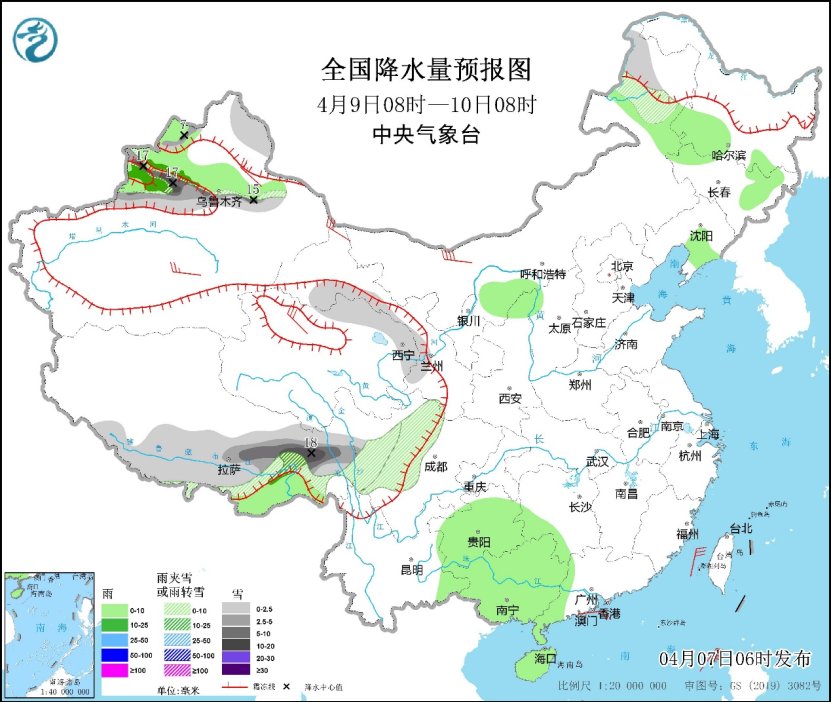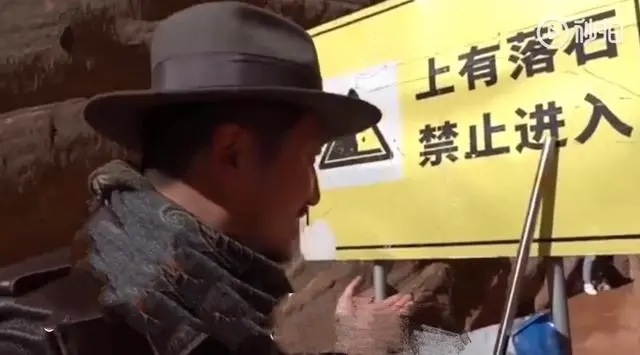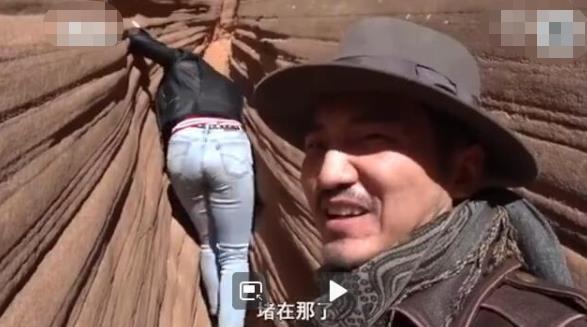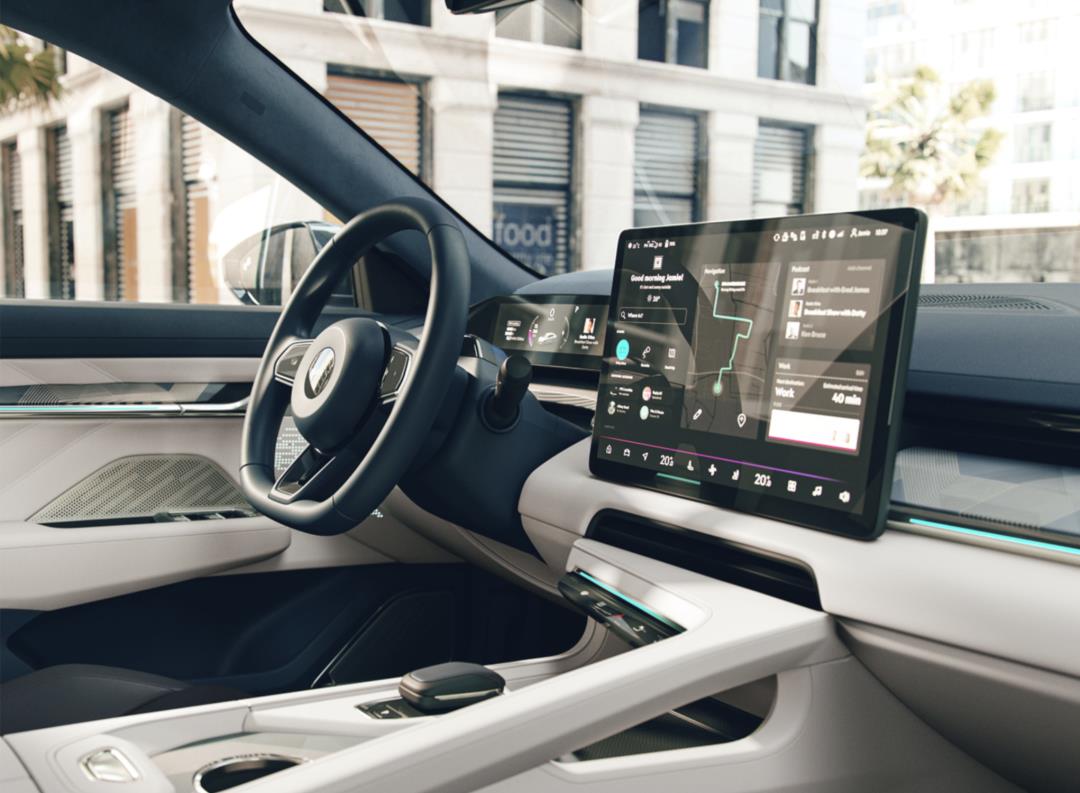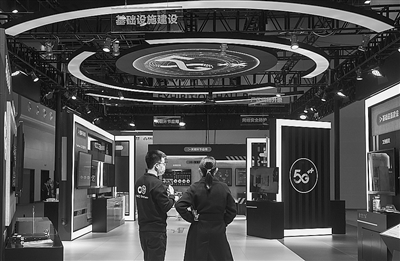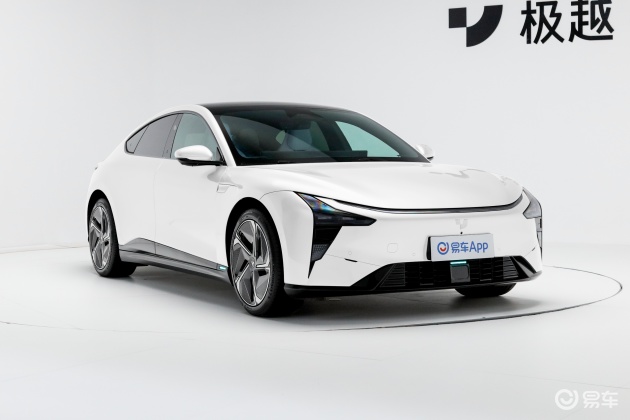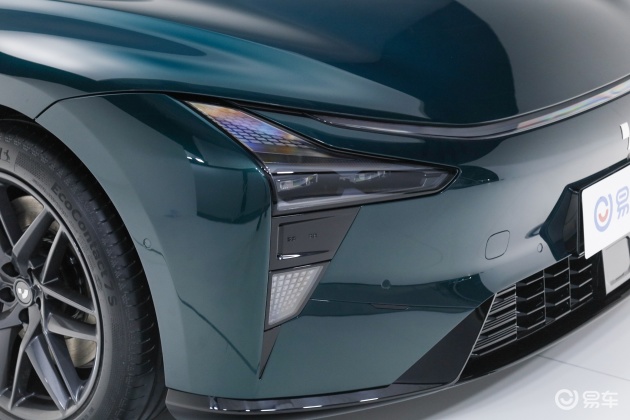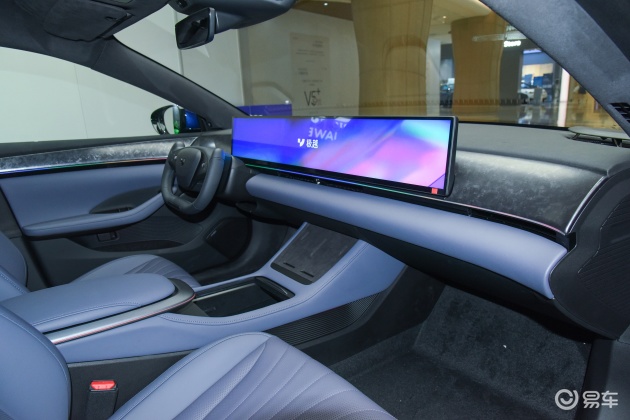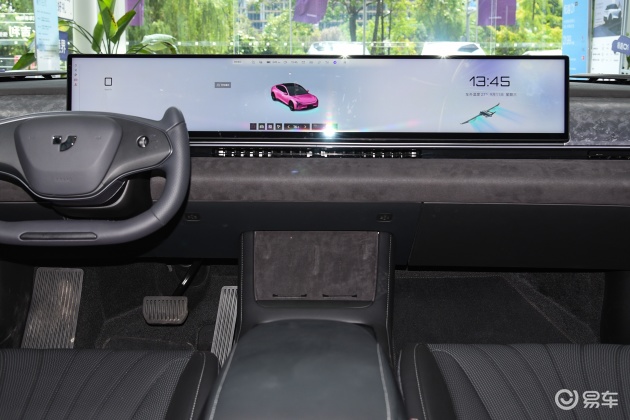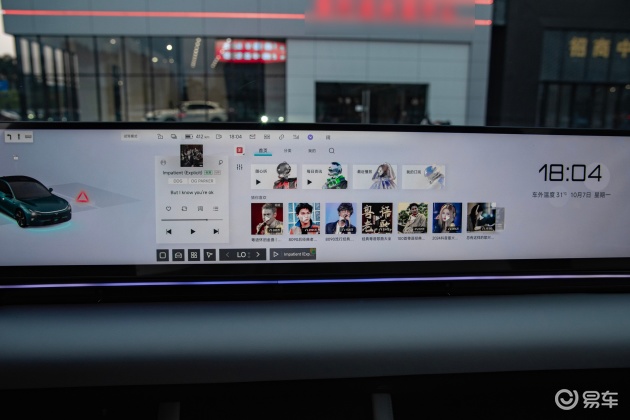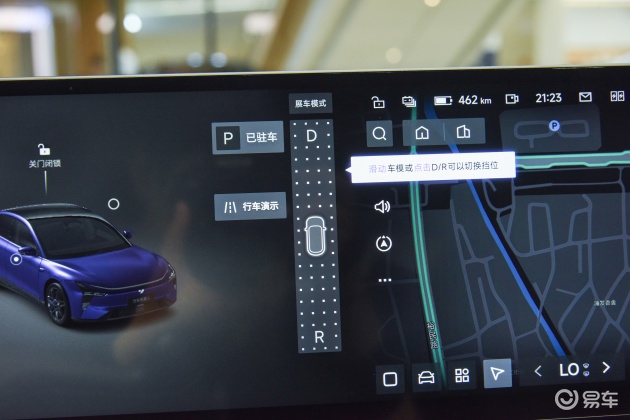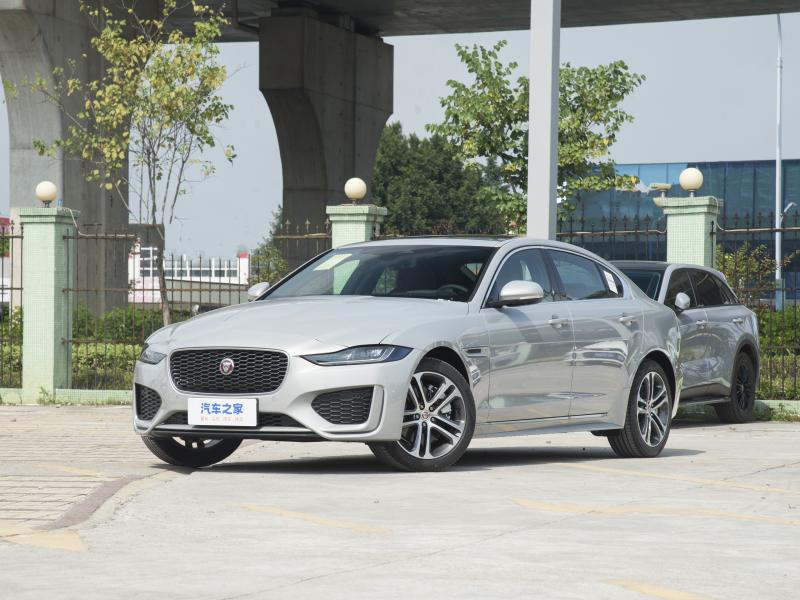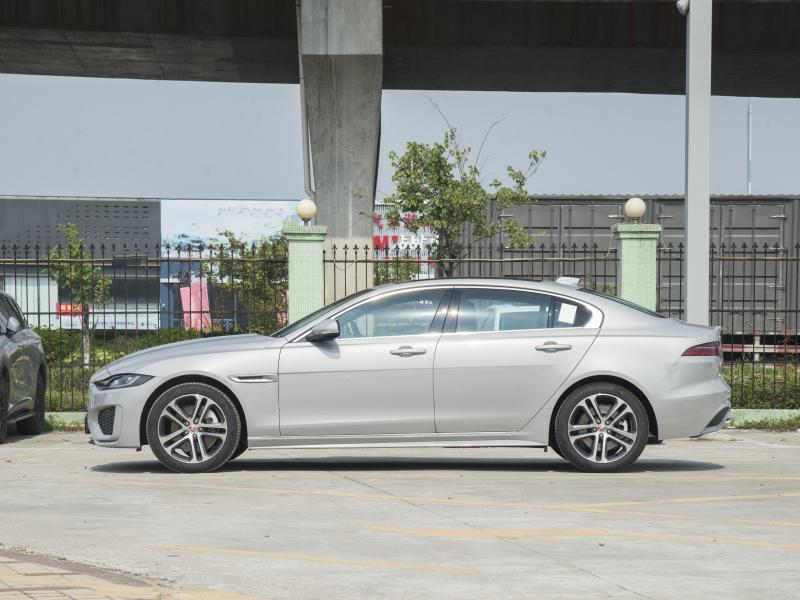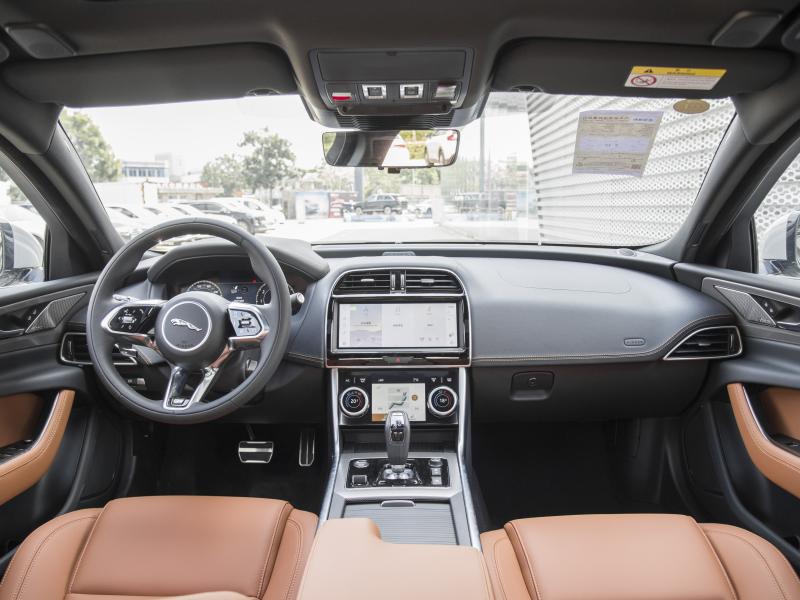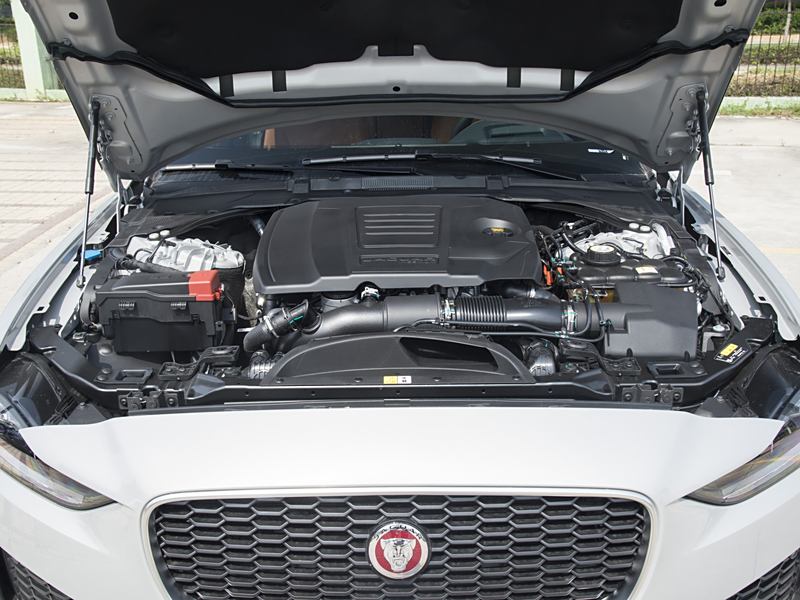Rules and standards "soft connectivity" support the high-quality development of the "Belt and Road"
Xinhua Silk Road, Beijing, September 2 (Reporter Dong Daoyong) "How to enjoy preferential tax agreements? How to prevent overseas tax risks? How to deal with issues such as the collection and management of overseas tax authorities is a huge test for’ going out’ enterprises. " Linlin Chen, finance minister of Ningbo Xinmingda Knitting Co., Ltd. said.
Rules and standards are the bridge and link to promote interconnection. Since the "One Belt, One Road" initiative was put forward, China has taken "soft connectivity" as an important support, steadily expanded institutional opening, and continued to promote cooperation with the co-construction countries in the fields of standards and norms, tax collection and management, intellectual property rights, digital information, etc., and promoted the co-construction of the "Belt and Road" along the direction of high-quality development.
"One Belt, One Road" cooperation in tax collection and management has gone deep and solid.
Taxation plays an important role in the national governance system, playing a fundamental, pillar and supportive role. Because there are many differences in the level of economic development, tax design and the ability of tax collection and management, strengthening coordination and cooperation in the field of taxation plays an increasingly important role in promoting the high-quality construction of the Belt and Road.
In April 2019, the first multilateral tax cooperation platform initiated by China-the "Belt and Road" tax collection and management cooperation mechanism was formally established, which played an important role in strengthening the capacity building of tax collection and management and promoting the construction of a growth-friendly tax environment. At present, the number of members of the Council of the cooperation mechanism has increased to 36, and the number of observers has increased to 30. The "circle of friends" and its influence have continued to expand.
"There are many uncertainties in setting up companies abroad and opening up overseas markets. The difference in tax policies between different countries is a problem we often encounter." Jiang Jingyuan, chief financial officer of China Yituo Group Co., Ltd. said that on the way of "going out", the tax authorities took the initiative to sort out the tax-related guidelines for overseas investment in advance, and provided accurate guidance on the preferential treatment of tax treaties and tax risks involved during the establishment of the company, which solved the worries of enterprise development.
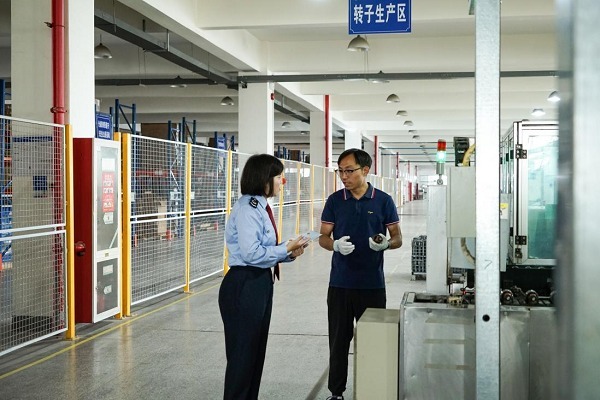
The picture shows the tax bureau of Runzhou District, Zhenjiang City, State Taxation Administration of The People’s Republic of China, going to the "going out" enterprises to publicize the latest preferential tax policies for international taxation.
In terms of "going global", China has signed agreements to avoid double taxation with 112 countries (regions) around the world, which basically covers the main destinations of China’s foreign investment and most of the "Belt and Road" partners, providing a strong tax legal guarantee for "going global" enterprises to eliminate double taxation and resolve cross-border tax-related disputes.
In terms of "bringing in", the electronic tax bureaus of various provinces, autonomous regions and municipalities in China have recently launched the scene of "non-resident cross-border taxation", and non-resident enterprises around the world can apply for tax-related matters online to realize "one place registration and coding, national mutual recognition".
Meng Yuying, director of the International Taxation Department of State Taxation Administration of The People’s Republic of China, said that at a new starting point, the tax authorities will give full play to their tax functions, take the initiative to serve the overall situation of the country, and make greater efforts to help build the "Belt and Road".
The "Belt and Road" standard cooperation is getting closer and closer.
Research by the Organization for Economic Cooperation and Development (OECD) shows that standards and product conformity assessment affect 80% of global investment and trade, and technical standards can promote economic globalization and investment facilitation. Since the "One Belt, One Road" initiative was put forward, the pace of China’s participation in international standards has accelerated.
Bi Shunjie, managing partner of Ernst & Young’s Greater China business, said that the "soft connectivity" of rules and standards is an important support for building the "Belt and Road Initiative" with high quality. Constantly strengthening the construction of international cooperation mechanism is the key to jointly build the "Belt and Road Initiative" and "Soft Unicom".
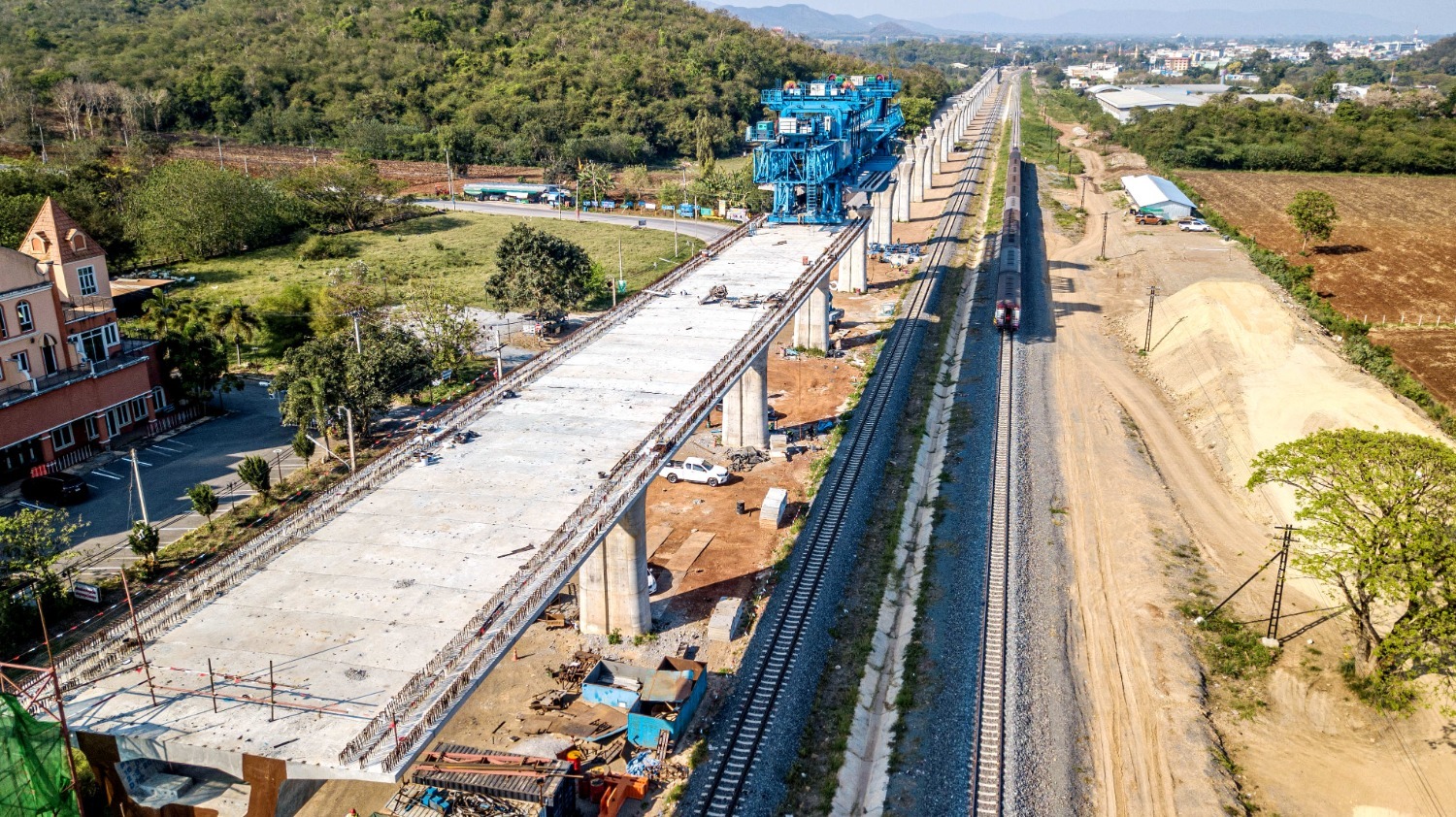
The picture shows the construction site of the Sino-Thai railway photographed by Nakhon Ratchasima, Thailand. The Sino-Thai Railway is designed and built according to China standards. It is the flagship project of "One Belt, One Road" jointly built by China and Thailand and the first standard gauge high-speed railway in Thailand. (photo of drone, taken on February 23, 2023)
The reporter learned that in order to support the "Belt and Road" high-quality co-construction, the State Administration of Markets took the lead in building the "Belt and Road" national standard information platform, conformity assessment service trade facilitation information platform and technical trade measures public service platform, and promoted the "Belt and Road" to build national standards connectivity.
Since 2014, China has signed 43 standardized cooperation agreements with 36 countries and international (regional) organizations that have jointly established the Belt and Road Initiative, and signed 127 conformity assessment cooperation documents and agreements with more than 30 countries and regions, thus establishing a national cooperation and exchange platform with the Belt and Road Initiative.
"Promoting the" One Belt, One Road "initiative requires continuous pioneering and innovation in all walks of life, and it can also promote the common prosperity of the whole society." Bi Shunjie said that to continuously strengthen the "soft connectivity" of the "Belt and Road" international rules and standards, it is necessary to pay attention to and handle the multi-party relations, especially to give play to China’s guiding role.
"One Belt, One Road" intellectual property cooperation is mutually beneficial and win-win
In the past ten years, China has continuously expanded its opening to the outside world, and the layout of national intellectual property rights jointly built with the "Belt and Road" has been strengthened in both directions. The data shows that in the past ten years, a total of 115 countries that have jointly built the "Belt and Road" have applied for patents in China, with a total of 253,000 patents, with an average annual growth rate of 5.6%.
In 2022, the number of patent applications filed by enterprises in China in the countries jointly building the Belt and Road Initiative reached 12,000, up 16.4% year-on-year. Among them, the number of applications in the three technical fields of motors, electrical devices, electric energy, medicines, materials and metallurgy increased by more than 70% year-on-year. The continuous activity of patent applications shows the vitality of the "One Belt, One Road" initiative.
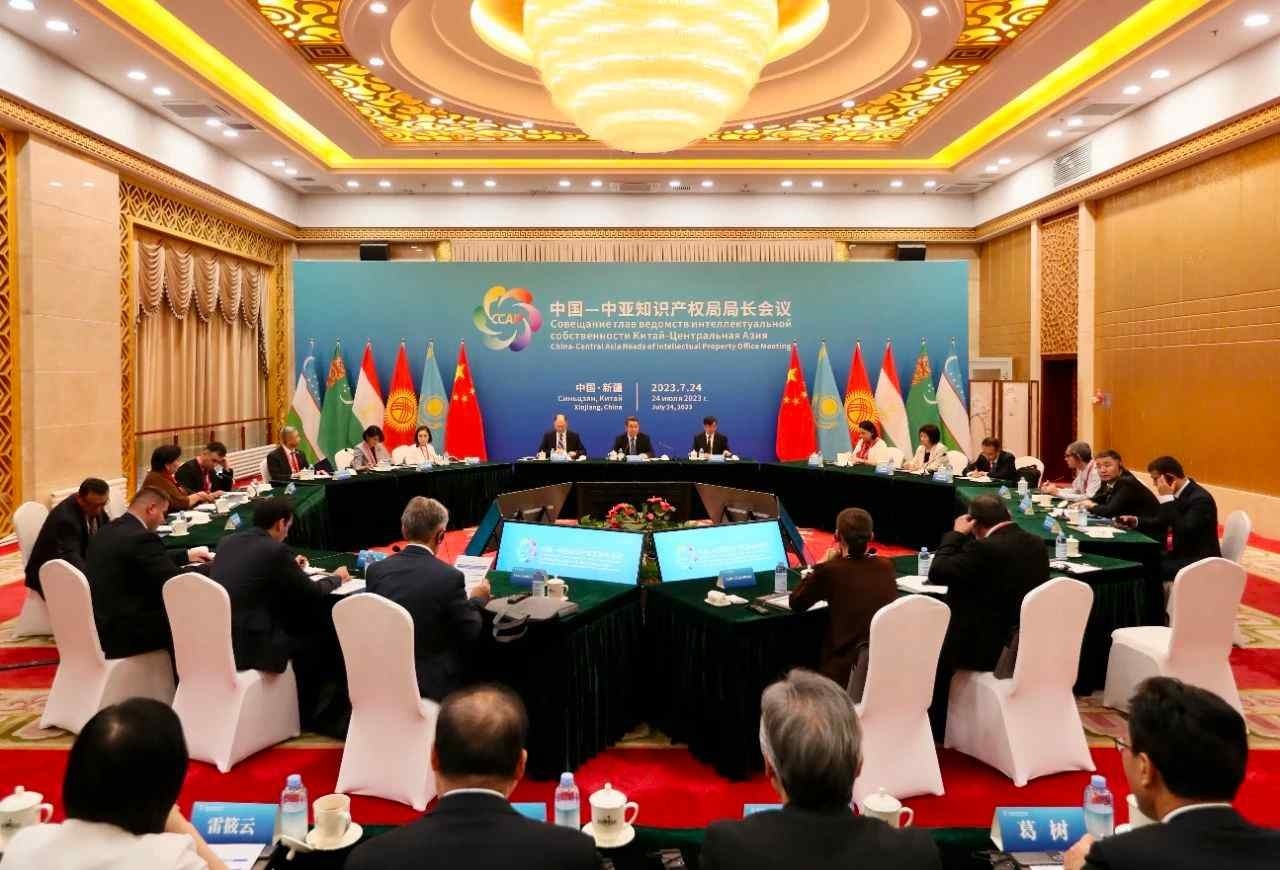
The picture shows the scene of the first meeting of directors of intellectual property offices in China-Central Asia. The meeting conducted in-depth exchanges on intellectual property cooperation between China and Central Asia and adopted the Joint Statement of the First Meeting of Directors of Intellectual Property Offices in China-Central Asia.
In the past ten years, strengthening communication and cooperation in the field of intellectual property rights has been supported and responded by countries that have jointly built the "Belt and Road". Up to now, China has signed cooperation agreements with 56 national intellectual property management institutions, and promoted the exchange of intellectual property information and business sharing among countries by providing "cloud patent examination" system accounts to nearly 30 countries.
Cai Zhonghua, a professor at beijing university of chemical technology, said that China and the co-construction countries continued to promote technical exchanges and cooperation between the co-construction countries on the basis of deepening intellectual property cooperation agreements and the rapid growth of two-way patent layout, which provided important support for the high-quality development of the Belt and Road Initiative.
